Camera Obscura: Interconnections and Internal Landscapes
by
Su’eddie V. Agema
(June 2024)
Moments. Fleeting. Art captures them, or some part of their essence, in a specific form. Poetry gives us an expression that beautifies this capture through various devices and renditions that, if done well, leave us with something to hold on to. Thus, in a world where the longest life is a flash, capturing moments that are even shorter in the grand scheme of things becomes an act of celebration, preservation, and reflection. When this is done deliberately by someone representing many silent voices, it becomes even more special. That is what Nasiba Babale does in this collection.
Pickled Moments is a collection of seasons that can be described as predominantly personal narratives with broad strokes of socio-political themes. The writing is simple without being simplistic, and like the poems of Mary Oliver, Nana Sule, and Hauwa Shaffii, carries a depth beyond its apparent simplicity. The poems traverse diverse terrains in terms of geography, thematic spread, and emotional input. From the bustling streets of Kano to the bloodied parts of what one can imagine to be Northern Nigeria in a terror-stricken mode, to the intimate corners of personal introspection, the verses capture the myriad ways in which we interact with our surroundings and ourselves. It shows that despite the madness that takes place in any place, the show goes on. They reflect the complexities of living in a place where beauty and hardship coexist, where moments of peace are as transient as the harmattan winds.
In the first section, ‘Why Not Love’, the reader is welcomed to a lover’s musings. The first poem, ‘Deserted’, reminiscent of Michael Jackson’s ‘Speechless’, talks of the weakness of words when love and sensuality take over. As the poem notes: “And the warmth of his hands / His lips on mine and all letters / Run out of my tongue / Leaving me with sighs and gasps / Emptied of words and all they mean […] Where do words go / When a poet falls in love?” The next poem, ‘This is Poetry’ defines verse as kisses, lovemaking in various forms, smiles, laughter, and the way love consumes the body of the persona. The rest of the poems in the section continue in this light, musing on love in ways that will engage even the most casual of readers.
The next section, ‘The Price of a Homeland’ is a sharp turn from the first and delves straight into the commitment mode that most African writers are renowned for.

The poet takes time to paint war and desolation defined by an education that represents various definitions of terror. Writing after Mosab abu Toha, the poet teaches readers how to teach the English alphabet using each letter to show despair. Thus, A becomes the letter for “airstrikes, arriving to airlift people to an early grave,” B “for bombs that flatten cities and bullets that burrow holes in hearts,” C for “cities with canopies of death, for countries living in chaos”… other letters follow up to Z, the symbol of zero, the number of times the persona tasted peace. In another poem, also written after Mosab abu Toha, school is shown in a scenario in Gaza, where there is a proper ‘mid-term test’ showing the aftermath of war that leaves the question of whether the place they have kept in mind is a homeland or a country in exile.
The third section, ‘This is Not a Home, This is Not a Country’ evokes Warsan Shire’s famous poem, ‘Home’ and Nze Sylva Ifedigbo’s My Mind Is No Longer Here. Poem after poem in the section shows the frustration of citizens whose homes have become “a synonym for chaos / where gunshots are the lullabies that lull, children to a sleep they never wake up from” (‘I Can’t Be Present’). The poem, ‘Home’ takes the spirit of Achebe’s There Was a Country, narrating the tale of a home that once was, where love once thrived “disguised as the tiny sparks / In father’s eye.” The place has transformed into “A cemetery for dreams and abandoned hopes / […] the silence in Father’s screams.”
Leaving war and its pain that forces one to exile, or at least, hope for it, the poet rushes to bring a definition to self in the fourth section, ‘This is Me’ with personal poems that showcase the strength of the poet’s voice. Unlike the other sections that have several poems written after other poets or have quotes, the poet stands in her own right to showcase her strength as a strong voice, a child of rain, whose “first cry competed with raindrops for audience” (‘My Mother Said I Came on A Day Like This’ ). The persona here is a storm with lightning in her, who is not afraid of her personage and raises her tribe up, as seen in the entirety of the section. In contrast to the looming title of Umar Sidi’s Poet of Dust, this poet declares ‘I am black, … And I am the poet of light.’ The poems in this section evoke the voices of Maya Angelou and Toni Morrison in their spirit and strength, showing power and pride in person, celebrating one’s wholeness and wholesomeness.
Shifting gears only a bit, the poet decides to capture some parts of everyday life in the next section, ‘Pickled Moments’, best summarised in the poem, ‘This is Not a Poem‘, which is a reflection of presence, just being, for the sake of being. This poem, like the other poems in this section, captures life, showing that sometimes this is what art should be – just being for its own sake. And if anyone finds anything to take from it, then that works too.
The last section, ‘A Buffet of Losses’, is a collection of poems that act together like an ode to lost ones and, in a few cases, an existential treatise. It is written in a deeply reflective manner that shows life’s burden on the soul of the poet persona.
A key aspect of Pickled Moments is its boldness in showcasing life in its entirety. As noted earlier, the poems address the societal and political issues that shape our daily lives, the silent struggles that often go unnoticed, and the profound impact of loss and displacement. Yet, within these themes of adversity, there is a persistent thread of hope and a call for resilience. The collection urges us to find strength in our shared humanity and to seek solace in the simple, yet profound moments that define our existence. The influences of several poets are evident in the quoted writers and poets whom several poems are written after, including Tyler Knott Gregson, Mahmoud Darwish, Mosab Abu Toha, Dunya Mikhail, Rasaq Malik Gbolahan (a.k.a RMG), Umar Sidi, Charles Bukowski, Ba Sabouke, Kahlil Gibran, and Nizar Qabbani.
It is striking that like Darwish, Babale in this collection is able to juxtapose the personal and political, offering a lens through which readers can glimpse the socio-political landscape of [Northern] modern Nigeria, while also pointing out issues in other areas [like Gaza], showing the breadth of the poet as a global citizen. The intimate moments and personal poems in many areas bring Mary Oliver to life, considering Oliver’s work largely focuses on the small everyday wonders that make life meaningful.
Nasiba Babale’s words are both a mirror and a window that show the internal landscapes of the mind while providing a glimpse into the external world. Her poetry is imbued with a deep sense of empathy and a keen awareness of the interconnectedness of all things. Sorrow in one place reflects the sorrow in another, and even personal musings become translated feelings that others will be able to embody. Each poem invites the reader to pause, to reflect, and to find meaning in life’s flashing moments.
In a world that often moves too quickly, capturing the fleeting moments of life in its various seasons becomes an act of service, dedication, preservation, and a place for reflection. That is what Pickled Moments embodies, a collection of these moments for reflection and celebration, depending on the piece. Whatever the time or season, there is something for everyone and a silent call for everyone to make the best of every moment, embodying the best and striving despite whatever stands in one’s way. They invite everyone to bring their own reflections and capture their own moments, even the ordinary moments that often pass by unnoticed, for this time in which we find ourselves is the only one we have got.
Pickled Moments by Nasiba Babale
Pickled Moments is a debut poetry collection of Nasiba Babale, capturing the essence of love, loss, and the human condition against the backdrop of cultural and political turmoil. Myriad inspirations shape her verse, offering a deeply personal and evocative journey through memory and emotion.
Su’ur Su’eddie Vershima Agema, multiple award-winning author of Memory and the Call of Waters (Winner, Association of Nigerian Authors Poetry Prize 2022 and Finalist, Nigeria Prize for Literature 2022).






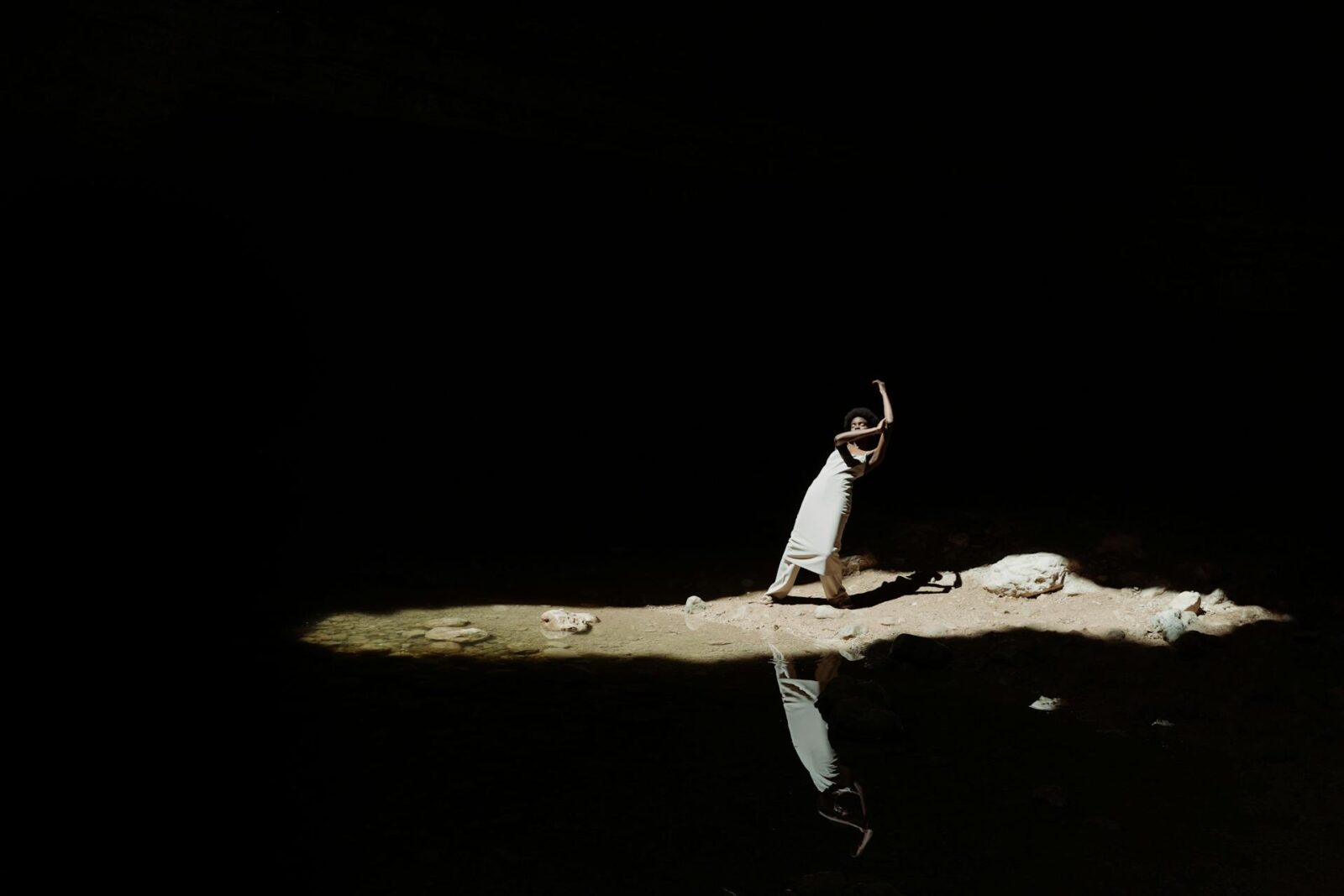
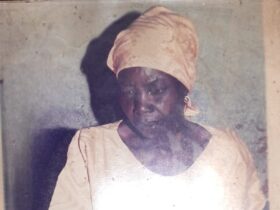
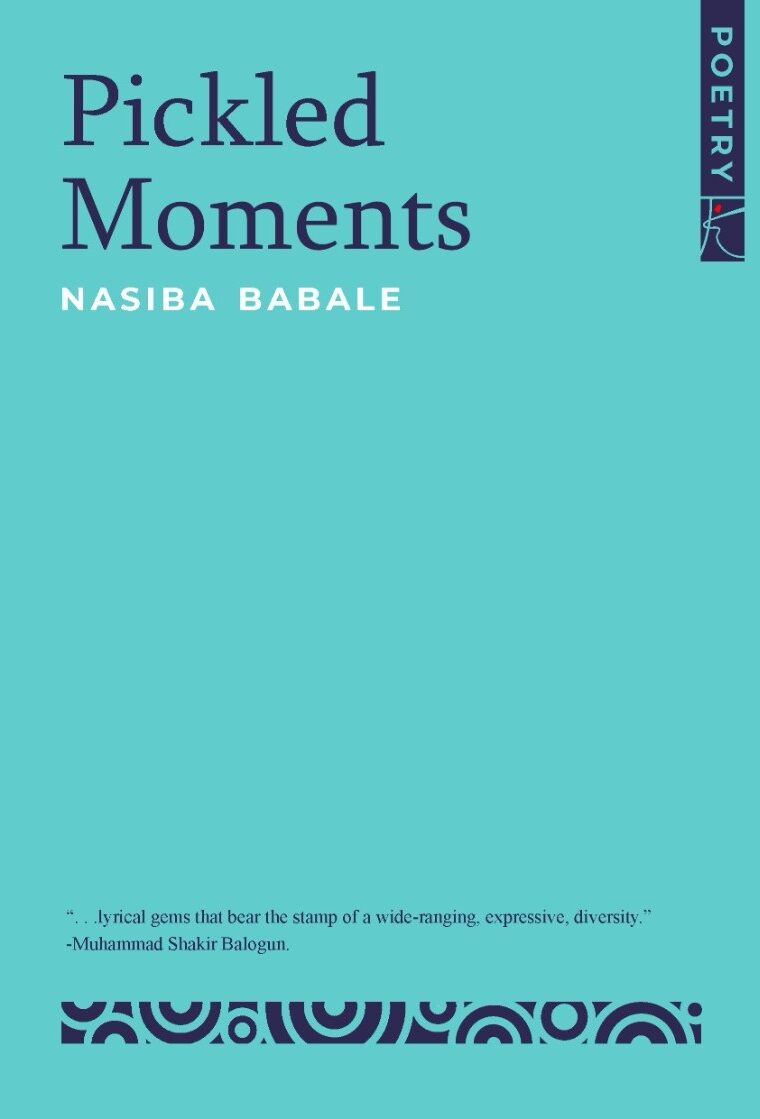
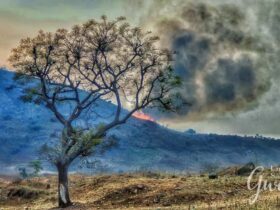
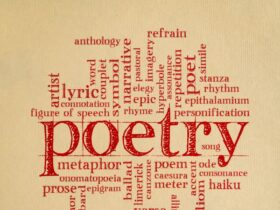
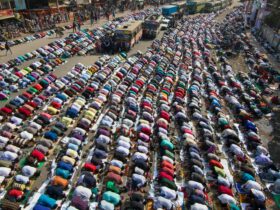

Leave a Reply